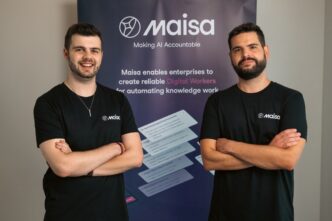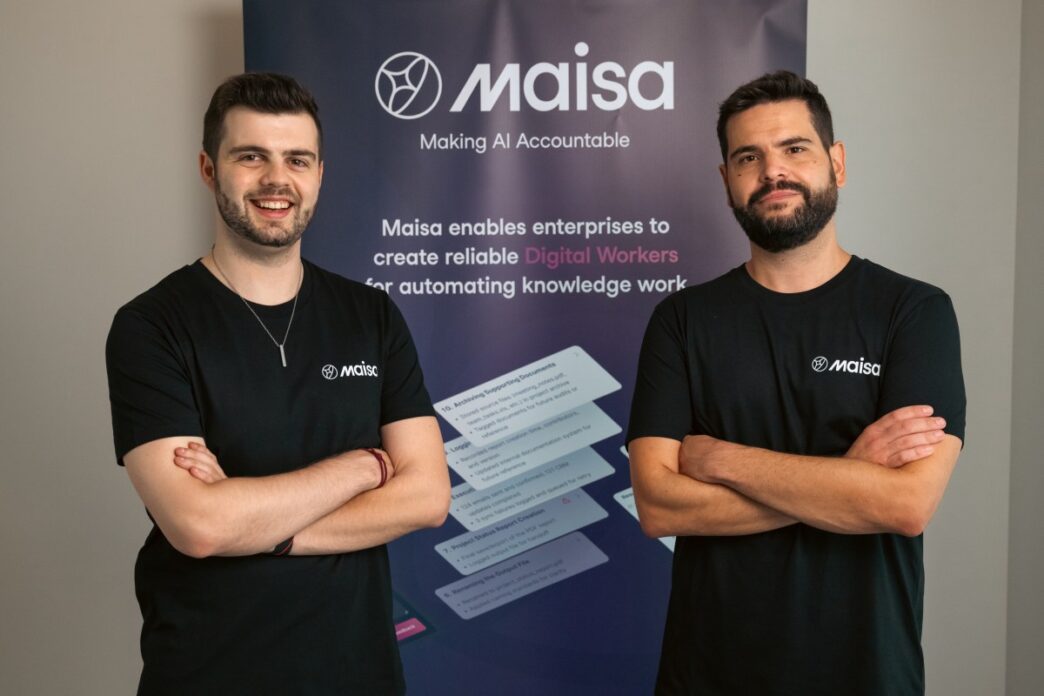Maisa AI just raised $25M to tackle the 95% failure rate of generative AI pilots in enterprises. The startup’s pitch: accountability over black-box AI.
The company launched Maisa Studio, a model-agnostic, self-serve platform that lets users build “digital workers” trained via natural language. Unlike vibe-coding tools, Maisa focuses on creating a “chain-of-work” — the processes that lead to a result, not just the output itself.
Maisa’s CEO David Villalón explained the difference to TechCrunch:
“Instead of using AI to build the responses, we use AI to build the process that needs to be executed to get to the response — what we call ‘chain-of-work’.”
The tech roots come from Maisa’s co-founder and Chief Scientific Officer Manuel Romero, who previously worked alongside Villalón at Spanish AI startup Clibrain. They started this in 2024 to fight hallucinations because “you could not rely on AI,” Villalón said.
The startup built HALP (Human-Augmented LLM Processing), which acts like students at a blackboard — asking users questions while digital workers map out every step. This way, humans can supervise and audit work more easily without combing through huge amounts of output.
Maisa also developed the Knowledge Processing Unit (KPU), a deterministic tool aimed squarely at cutting hallucinations.
Its clients already include a big bank, plus car manufacturing and energy sector companies. Maisa is positioning itself as next-level robotic process automation, offering cloud or on-prem deployments tailored to enterprise needs.
With dual HQs in Valencia and San Francisco, Maisa’s latest round is led by European VC Creandum. US firm Forgepoint Capital International also joined via a joint venture with Banco Santander — signaling strong interest from regulated industries.
Maisa’s team plans to nearly double headcount by early 2026, expecting a surge as it opens access from a long waiting list.
Villalón called out the race to build AI workflows in a recent LinkedIn post:
“The AI framework gold rush is creating more activity. The quick start becomes a long nightmare when you need reliability, auditability, or the ability to fix what went wrong.”
Maisa bets on trust and control to win over companies who need accountable AI, not just flashy automation. The startup is now pushing to prove it can deliver on the promises AI so far hasn’t kept.














